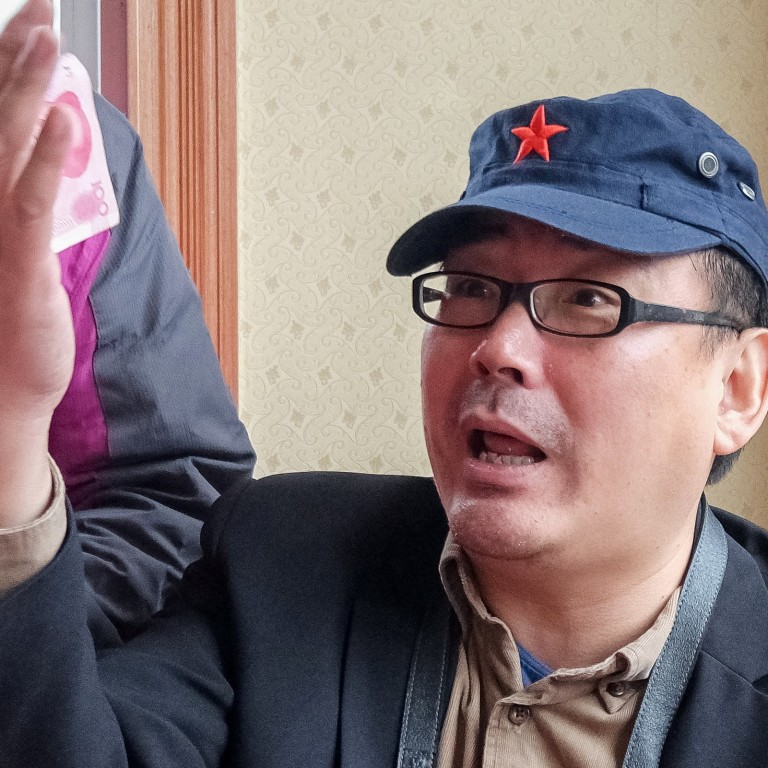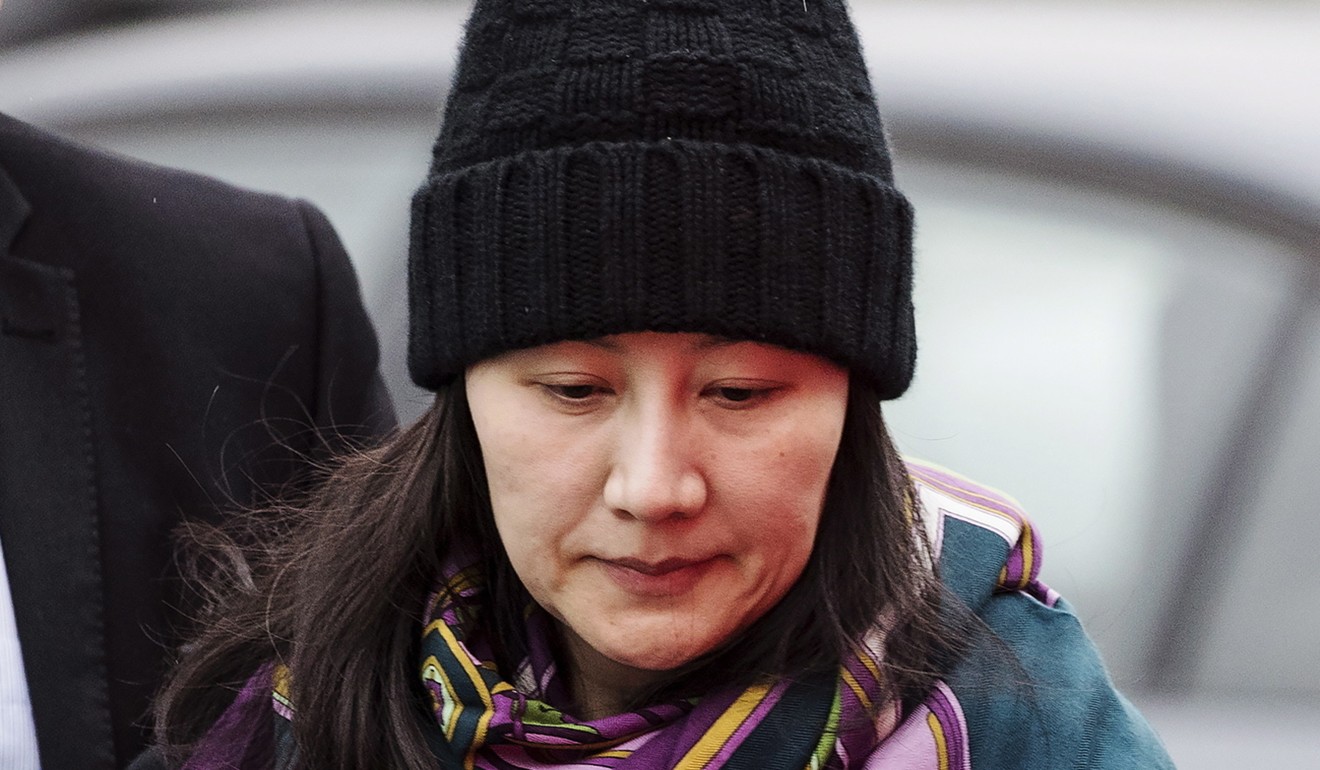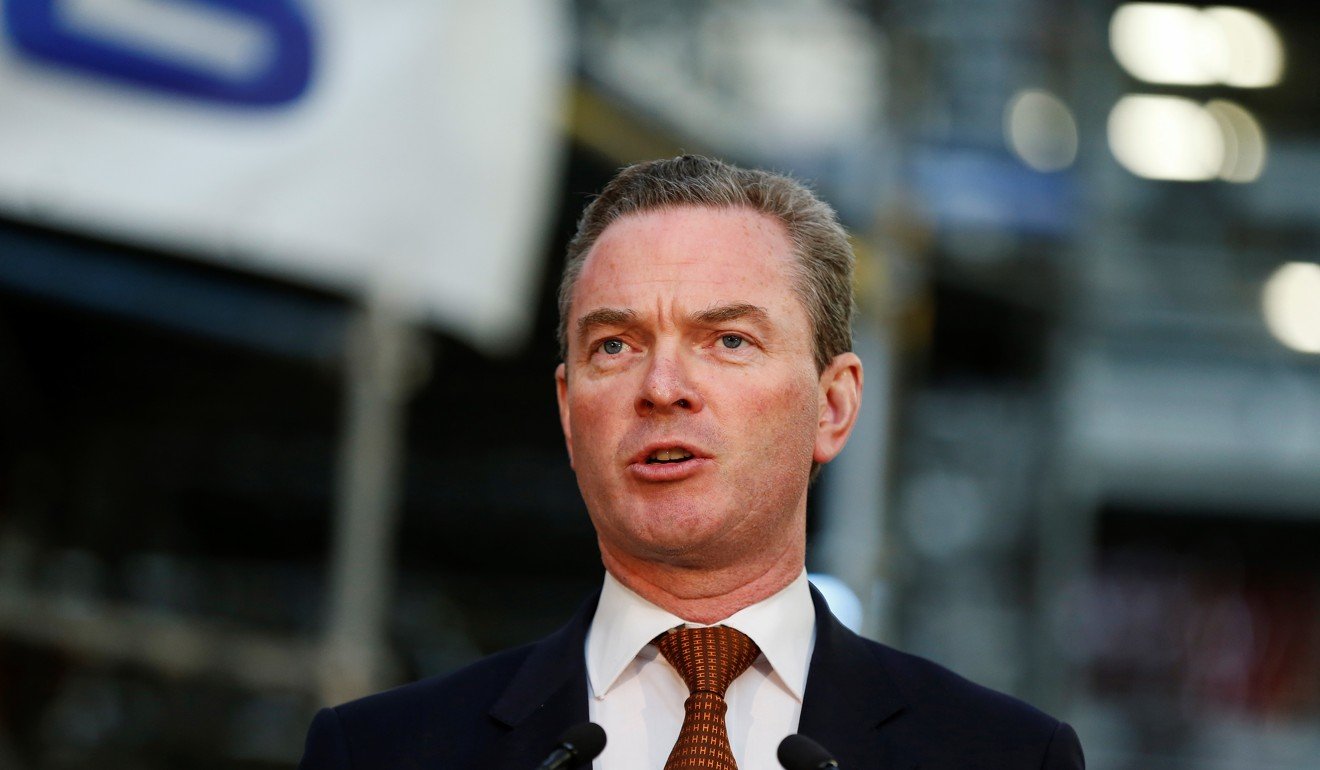
Do Australia, New Zealand academics fear travelling to China after Yang Hengjun’s arrest?
- Beijing’s detention of the Australian national has sparked ‘great anxiety’ about the future of academic collaboration with China
- Some sinologists feel it is unsafe to travel to the mainland for work, while others are pursuing entirely different fields of study
Yang, an Australian citizen and former Chinese diplomat who has criticised Beijing for censorship and overseas interference, has been held on the mainland under “residential surveillance” on suspicion of espionage since January 19. He was on a family trip when he was taken at Guangzhou airport.
Yang Hengjun isn’t the first time Australia’s interests collided with China. Can Canberra be tougher?
“All this does make me anxious about going to China, and less interested in doing so,” she said. “It intensifies distaste for the regime.”
Yang’s detention raised suspicions that Beijing had widened retaliatory moves following Canada’s arrest of Huawei chief financial officer Meng Wanzhou to include citizens of countries friendly to Ottawa. Meng was arrested at the request of the US but was subsequently let out on bail.

Australian officials have played down such speculation. Defence Minister Christopher Pyne, who visited China last week, said on Monday that he had not seen “any evidence” of a connection.
Anne McLaren, a professor of Chinese Studies at the University of Melbourne, said she was especially concerned about the impact of recent events on China scholars starting out in their careers.
From Meng Wengzhou and detentions to USMCA and the Arctic: 5 rules to unfreeze Canada-China ties
“Recently some young Australian scholars, who have invested many years of their lives learning Chinese and who seek to undertake fieldwork in China, have been interrogated or otherwise intimidated while in China to the point where they now feel they cannot continue to pursue that line of research,” she said. “They have decided on a shift of gears. They will have to either turn to some other part of Asia or even another research field.”
Mclaren said she knew of at least three aspiring academics at her university who had changed tack because of the current atmosphere.
A New Zealand academic, who declined to be identified because of her suspicion she is under surveillance by the Chinese government, said Beijing’s actions had created an atmosphere of “paranoia and cynicism”.

“This news is very discouraging, to the point where those of us who have to travel to China and who have been travelling to China for many years would now probably still travel, but with a new sense of fear and distrust,” she said.
“I’ve always felt safe in China, but both the slate of horrible things the Chinese state is willing to do to ordinary people, and also the kinds of people – including foreign guests – to whom the state is willing to do these things, are expanding rapidly.”
John Fitzgerald, a sinologist at Swinburne University in Melbourne, described growing apprehension about visiting China.
It’s good to talk, but Australia and China are neighbours worlds apart
“I have felt uneasy about travelling to China for some time, so I have only gone with an invitation and appropriate visa, not as a tourist,” he said. “Yang’s detention further elevates my sense of risk.”
Alex Joske, a researcher at the Australian Strategic Policy institute, said Yang’s case had bolstered pre-existing concerns about the arbitrary detention of foreigners.
“I think the chill happened earlier,” he said, referring to the detentions of Kovrig and Spavor. “Yang’s case only made people more confident that travelling to China is a bad idea.”
But some China-focused academics said they had no such concerns.
“[The] Chinese government is no doubt authoritative, but it is not irrational and unpredictable,” said a Sydney-based academic who requested anonymity. “It usually draws relatively clear boundaries and take efforts to make them apparent and known. When dealing with international scholars or dissidents, it usually tries to dissuade them from engaging in anti-Chinese government activities in the first place. If it doesn’t work, they will send warnings. Arrest is usually the last resort, after they have tried nearly everything.”
Haiqing Yu, an associate professor in media and communications at RMIT University in Melbourne, similarly said she had no qualms about travelling in China.
“I guess it all comes down to what kind of research one conducts in and about China, as well as one’s sensitivity to Chinese political culture,” she said. “Self-censorship is inevitable, particular in any public space. Political correctness is not an invention of China, although the Party-state has a different interpretation of and grip on it.”
Mobo Gao, an Asian studies professor at the University of Adelaide, said he didn’t have concerns despite being critical of the Chinese government.
“I think the border line is whether one’s writing on China or the Chinese government is constructive and whether one’s writing is for the purpose of political activity,” he said.

